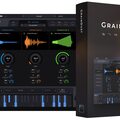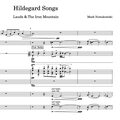Apple's original iMac marked the beginning of a turnaround for the company, and despite the consumer-oriented nature of the product, iMacs have found a place in many a home studio over the years. With the iMac range finally inheriting a G5 processor, have Apple created the perfect entry-level machine for demanding Mac musicians on a budget?





